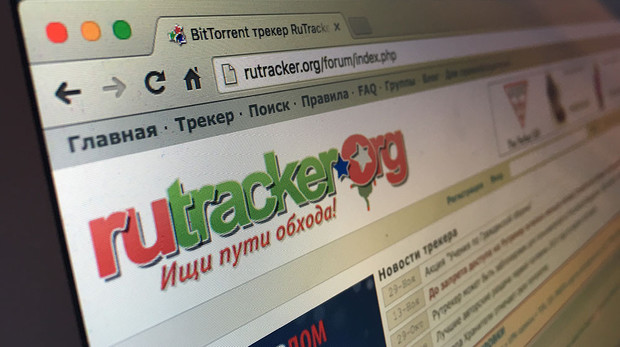Law on mirror sites on the Internet to be built on principle ''if not eat up but at least take a bite''
New restrictions on the resources with pirate content is unlikely to block the activity of their owners but will complicate the lives of the users
The draft law on blocking mirror websites may be approved at the next meeting of the Russian government. According to the developers, the limitations should formalize the measures currently being adopted by Roskomnadzor against the pirates who easily avoid blocks of main resources with the help of sites that duplicate their content. However, the experts believe that after its entry into force the resources that have nothing to do with pirate resources can fall under the ban. In the end, users and rights holders can also be affected. But, ultimately, both will evade the blocking.
Measures against ''pirate mirrors''
Russia is preparing a bill on blocking ''mirrors'' of pirate sites — separately existing resources, duplicating their content. Earlier, the government commission on legislative activities considered and approved the document. In the spring session, it should be brought up for hearings in the State Duma of the Russian Federation.
The essence of the bill, according to the authors, is to curb the illegal distribution and using of audio and video content on the Internet. It is supposed to introduce into practice the term ''a derivative website on the Internet'' (in fact, a mirror site — editor's note). The blocking of the ''mirrors'' that give access to illegal audio and video content will be possible through the bringing of the matter before the court by copyright holders.
''At the same time, the bill introduces the obligation for operators of search engines to remove from search results the information about the sites that repeatedly and improperly placed information containing objects of copyright and (or) related rights <… >; derived sites from sites that repeatedly and improperly placed information containing objects of copyright and (or) related rights,'' says the text of the bill.

''The forces equalized, and new methods are needed''
According to experts, the new bill is an attempt to correct the shortcomings of the ''anti-piracy'' law passed in 2013.
''It is obvious that the bill is a response from the service, performing the functions of ''oversighting'' over the Internet (Roskomnadzor), on how the online community avoids blockings,'' believes a columnist of Realnoe Vremya and developer engineer at Microsoft, Aleksandr Galkin. ''To close the site was as easy as to create a mirror site, so forces equalised and new methods are needed.''
Artem Kozlyuk, head of the project RosKomSvoboda, said that this legislation measure ''confirmed what now Roskomnadzor do but ex post facto''.
''It is a legal confirmation of what is already happening in the practice of enforcement of the anti-piracy law, extending the grounds for blocking websites with illegal information. More and more not only users' but also copyright holders' rights, who mistakenly have fallen under the impact of the ban, will be violated,'' believes Kozlyuk.

If not to eat up but at least take a bite
Aleksandr Galkin also believes that Roskomnadzor wants ''just a legal tool for blocking sites''. However, even this document will not solve the problem of the supervisory authorities.
''It is not easy to prove technically that the site A is a mirror of the site B. What is a mirror site? Is it a mirror site if the same document is on both websites? Or it is necessary to, for example, the first document has url: siteA/path/document, and the second: anothersite/thesamepath/thesamename? If it is the criterion, what percent of coincidence-divergence can be considered a ''mirror''?'' he is perplexed.
As Artem Kozlyuk suggested, all this will complicate the access, but will not completely deprive the users of the possibility to visit blocked websites.
''In Russia, the legislation restricting access to Internet resources has been valid not for the first year. Users of the portals, that have the ''plugs'', have long learned how to avoid senseless blocks and see the sites they got used to see,'' said Artyom Kozlyuk, the head of the project RosKomSvoboda.

Streisand effect
Nevertheless, blocking of the websites often bears a positive thing, which is expressed in the growth of traffic. A so-called Streisand effect (the phenomenon, reflected in the fact that the attempt to remove certain information only leads to wider dissemination – editor's note). A similar thing, according to Kozlyuk, was observed after the blocking in Russia of one of the largest video site Dailymotion (the French resource was blocked on 28 January 2017 — editor's note).
''In the first few months after blocking, there was even an influx of users to the resource in the wake of this very reason. When forbidden fruit is sweet, you want to see what happened,'' he explains.
Besides, thanks to blockings, according to the interlocutor of the edition, Internet literacy improves.
''Here comes a new class of media literacy, they study the Internet technologies. People learn what is VPN, anonymizers, learn about the means of secure communications, are beginning to use encrypted communications, tools to bypass a block are developing.''